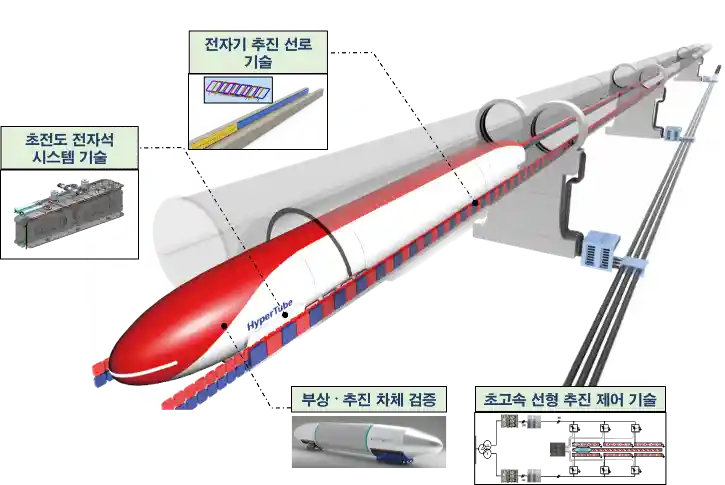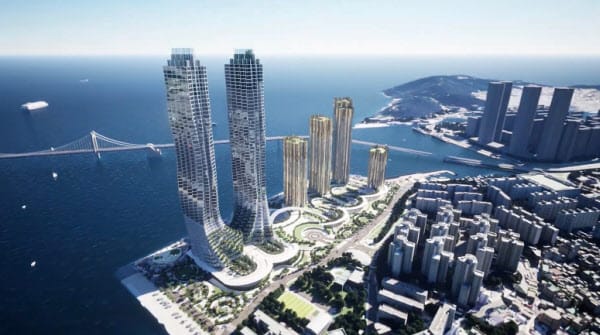
What Are Koreans Really Drinking? Soju, Solitude, and a Culture of Escape
South Korea has one of the highest alcohol consumption rates in Asia, but its drinking problem doesn’t look like chaos—it looks like composure. Soju, once a communal spirit, has evolved into a quiet, everyday anesthetic, deeply woven into food, media, and workplace culture.





